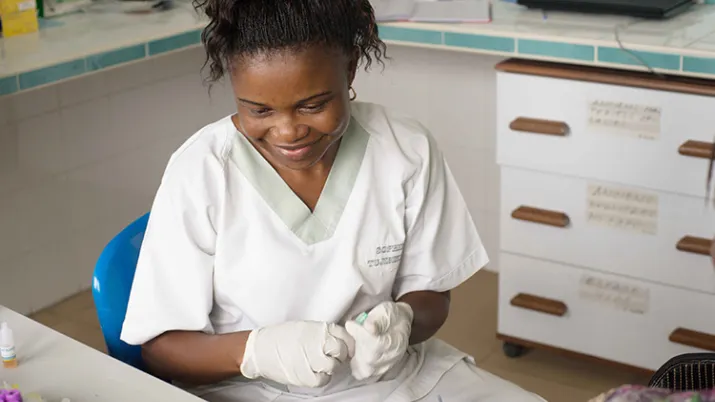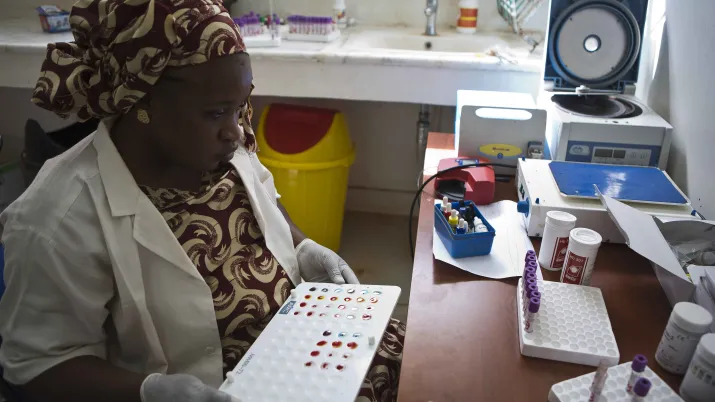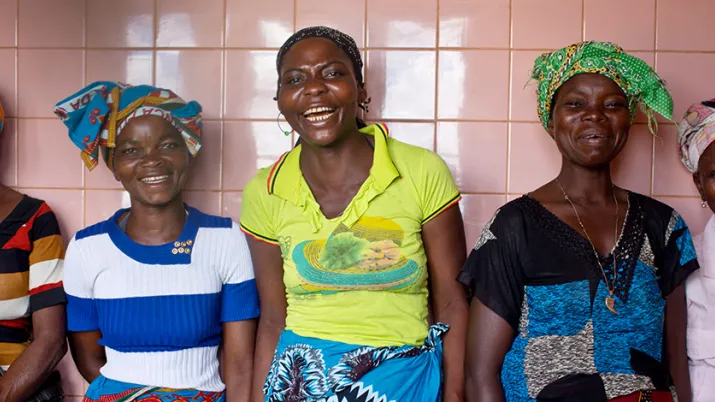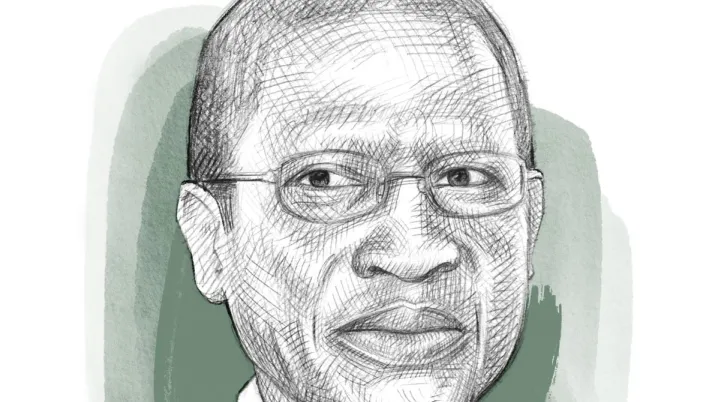Share the page
PREPARE
Project
Published on
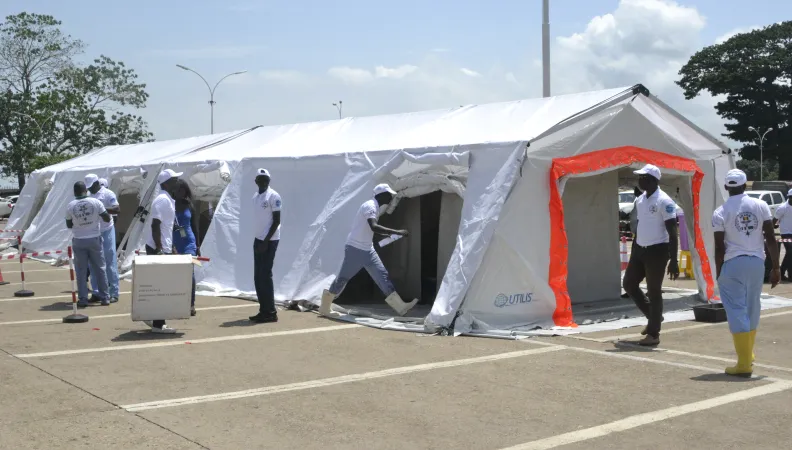
-
Project start date
-
Status
Closed
-
Project end date
-
-
Financing amount (Euro)
-
5.8m
-
Country and region
-
Guinea, Africa
-
Funders
This project aims to strengthen the capacity to prepare, prevent and respond to epidemics in Guinea by helping set up 8 cross-functional alert and response teams, the ERARE.
The PREPARE project is supporting the creation of an epidemic control mechanism in Guinea by training, equipping and assisting regional epidemic alert and response teams (ERARE).
The project is part of the “Zero Ebola Cases in 60 Days” plan. It takes into account the lessons learned from the previous plans and the need to work to improve the resilience of the health system.
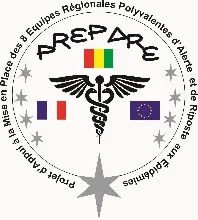
The closing ceremony for PREPARE, which was organised in late November 2017, marked the resumption of the ERARE mechanism by the Guinean authorities.
The ERARE are today the cornerstone of the national health surveillance and security system. The ERARE teams are set to extend the scope of their missions and already play an active role in the supervision of Prefectoral Directorates of Health (DPS), and in the future establishment of Prefectoral Epidemic Alert and Response Teams (EPARE).
Creation of teams and training
For nearly 3 years, PREPARE supported the training, equipment and mobilisation of 8 ERARE teams exclusively made up of Guinean health staff:
- Identification of ERARE members
- Preparation of an instruction manual for the ERARE
- Creation of a pool of Guinean trainers
- Training in surveillance, investigation, response and awareness-raising
- Training for health professionals.
The ERARE teams aim to respond to a health crisis in the short term and are also a permanent tool available to the Guinean authorities to combat epidemics.
These teams of 24 people (38 in Conakry) were prepositioned in the 8 regions of Guinea and now facilitate the surveillance, early detection and rapid treatment of infectious diseases with epidemic potential, before they reach the epidemic threshold.
New response capacities
The project also involved giving the 8 regions in Guinea new response capacities:
- Rehabilitation
- Equipment
- Logistics training
- Training in crisis management
Ongoing support and follow-up
Following their deployment, the teams were supported and benefited from ongoing follow-up through:
- Formative supervision
- Joint supervision missions
- The preparation of activity follow-up reports
- The implementation of management tools
Since their deployment, these ERARE teams have conducted over 300 missions nationwide and have worked on epidemics of measles, meningitis, yellow fever, pertussis, hepatitis, polio and anthrax.
What our partners have to say
Dr. Sakoba Keïta, Director General of the Guinean National Health Safety Agency
The aim was to strengthen our surveillance and alert capacities at all levels, from communities to national health teams, so that everyone could contribute effectively to the response. We also wanted to put in place procedures to ensure that the actions of local, regional and national teams were truly complementary.
Thanks to the mobilization of experts in emergency protocols, we developed an alert system adapted to the Guinean context. We systematized sampling as soon as the first cases were detected, and drew up a community investigation protocol to ensure that health alerts could be triggered rapidly in the event of a crisis.
Two hundred regional agents have been trained in emergency protocols. They now know how to prevent, monitor, investigate and alert, by passing on essential information. The aim is to make these protocols permanent so as to be able to respond rapidly to epidemiological crises such as Ebola, measles or meningitis.
Similar Projects
SUCCESS - Scale Up Cervical Cancer Elimination with Secondary prevention Strategy
Ongoing
2019 - 2026
Funders : Unitaid
In the News
Combating HIV/AIDS, tuberculosis, and malaria in the Greater Mekong Region
Published on December 16, 2024



